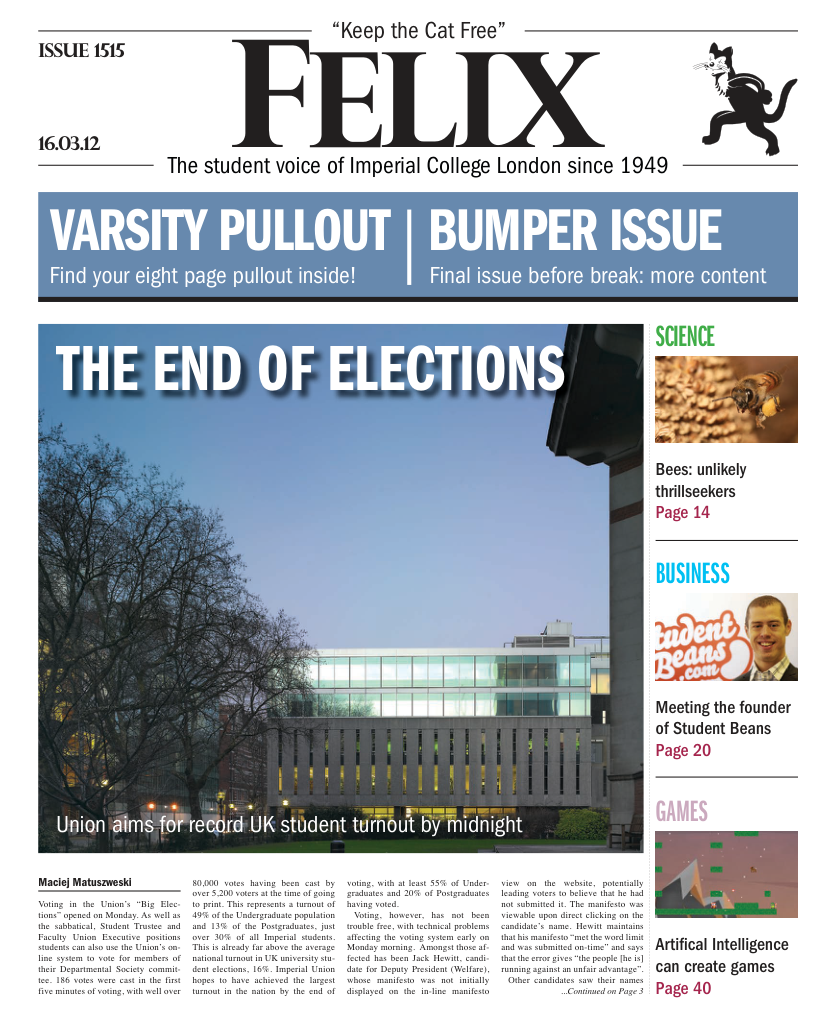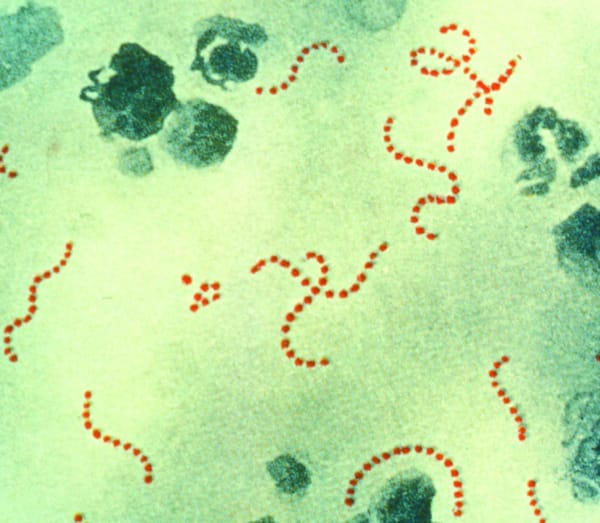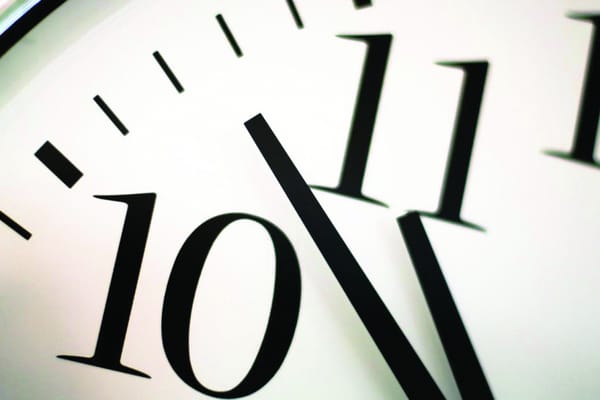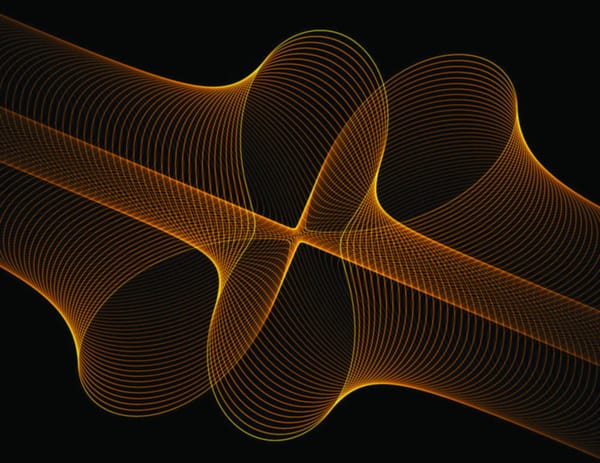LSD may help alcoholics
Lysergic acid diethylamide appears to support alcoholics' efforts to rewire their brain away from addiction
A powerful hallucinogenic drug once used by the CIA in torture experiments may help alcoholics stop drinking, according to new research.
The research, funded by the Research Council of Norway and based on experiments conducted in the 1960s and 1970s, shows that the psychedelic drug LSD (Lysergic acid diethylamide) can have “a significant beneficial effect on alcohol misuse.”
It fails to show how LSD works in alcoholics, but doctors who have seen the research say that LSD causes the human brain to function more “chaotically”, inspiring alcoholics to give up their dependency on booze. Robin Carhart-Harris, a psycho-pharmacologist at Imperial told Nature, “Psychedelics probably work in addiction by making the brain function more chaotically for a period – a bit like shaking up a snow globe – weakening reinforced brain connections and dynamics.”
Once the dust settles, many people who take LSD say that their problems appear clearer and simpler, allowing them to make a strong resolution to stop drinking.
LSD was introduced on to the market in 1947 as a psychiatric drug and was used by some doctors to treat alcoholics. Several trials conducted in the decades that followed the drugs release all showed positive benefits on alcoholics. But, taken individually, these trials were too small for researchers to draw any scientific conclusions from.
We’ve missed a trick here. This is probably as good as anything we’ve got
So Teri Krebs and Pal-Orjan Johansen, researchers at the Norwegian University of Science and Technology, decided to pool together data from six clinical trials conducted in the late 1960s and early 1970s. They found that a single dose of LSD leads to a “decrease in alcohol misuse”.
In the pooled analysis, there were a total of 536 participants, mainly men who had sought treatment for alcoholism and who were subsequently admitted for in-patient treatment.
The alcoholics were given either a dose of LSD or a placebo at random.
Of those who took LSD, nearly 60% stopped drinking. In comparison, only 38% of patients who were given a placebo stopped drinking. But the beneficial effects of LSD faded after one year, the research suggested.
“Given the evidence for a beneficial effect of LSD on alcoholism, it is puzzling why this treatment approach has been largely overlooked”, the Norwegian researchers said.
LSD, a class A drug in the UK, is the most powerful hallucinogenic drug known. People who use it report a wide range of intense physical, sensory and psychological effects. These psychological effects, known as a ‘trip’, may be pleasant or unpleasant, and can induce profound short and long-term effects on the mental state of those who take it.
The idea of psychedelics shocking the mind and altering one’s perceptions so that new thoughts can be planted is not new or unique to psychotherapy. The English poet William Blake wrote that “if the doors of perception were cleansed, everything would appear as it is, infinite”.
Humans have used natural psychedelics for thousands of years for religious sacrament. LSD was used in the 1950s and 1960s by beat poets like Allen Ginsberg to spark creativity and by politicians who thought LSD could help bring about world peace. Even the Central Intelligence Agency (CIA) used LSD to try and control people’s minds in their human experimentation program known as MKULTRA.
The findings from the Norwegian study show that the use of LSD in treating alcoholics is just as good as any other treatment we have, if not better.
Professor David Nutt, from Imperial College, summed it up well to the BBC: “Curing alcohol dependency requires huge changes in the way you see yourself. That’s what LSD does. Overall, there is a big effect. Show me another treatment with results as good; we’ve missed a trick here. This is probably as good as anything we’ve got.”








